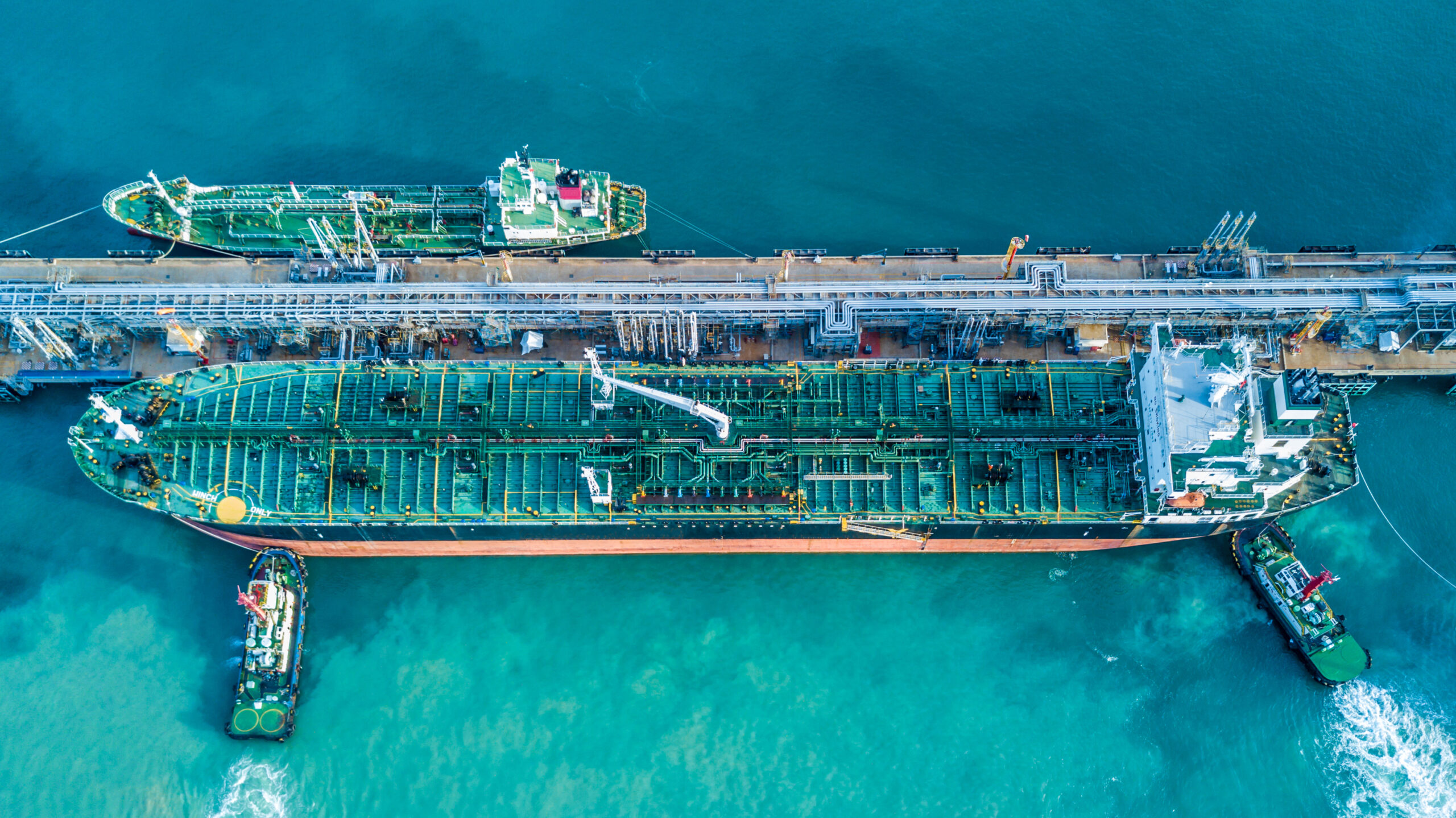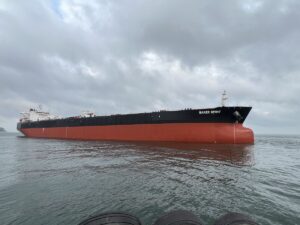The conflict in the Middle East has raised concerns about the risk to shipping and it is completely unpredictable how it will unfold.
Days after the attacks of Palestinian militant group Hamas to Israel, the wider crude tanker market at present is largely unaffected by the conflict between Hamas and Israel, London-based international shipbroking house Gibson said, noting that oil prices initially gained on the developments in the Middle East but retreated later in the week as neither Israel, nor its direct neighbours (except Egypt) have any meaningful crude production.
In its latest tanker market report, Gibson pointed out that additional premiums are being demanded by tanker owners for Lebanon-bound clean cargoes. Lebanon, similar to Israel, is not a major player, with its clean petroleum products (Cpp) averaging around 100kbd so far this year.
In terms of its energy needs, Israel has to rely on crude imports which are fed into 110kbd Ashdod and 197kbd Haifa refineries.
The port of Ashkelon is the main receiver of crude into the country, with its intake averaging circa 230kbd last year, accounting for over 85% of total crude imports.
In accordance with marine insurer and one of the largest P&I clubs in the International Group NorthStandard, the port of Ashkelon is not operating as usual and the decision to moor vessels is taken on the basis the security situation can change at any time. Vessels can discharge cargo only whilst moored at sea buoys.
Both Israeli refineries were operational at the start of the previous week, but the picture is less clear now, as Gibson highlighted last Friday.
“The Ashdod refinery is in a more vulnerable position,” as it said. If a significant part of Israeli crude import infrastructure remains offline for an extended period of time and/or domestic refineries face disruptions, the country could be forced to rely on product imports.
Beyond the immediate conflict zone, the current crisis also threatens to derail the recent de-escalation of tensions between the US and Iran. Iranian crude production has increased in recent months to its highest level since late 2018 amid what looks like a soft-touch approach to existing US sanctions.
If Iranian crude exports are to face renewed downward pressure, this will create a vacuum for additional export volumes from other Middle East OPEC+ members, or if that vacuum is not filled, propel oil prices even higher (with negative consequences for the global economy), as it is observed by Gibson.
“However, that risk has been slowly receding in recent days. Although the close relationship between Iran and Hamas is well-known, Iranian officials have firmly rejected any suggestions of its involvement in the latest events, stating that Iran does not intervene “in the decision-making of other countries, including Palestine”. Similarly, initial US intelligence has indicated that senior Iranian government officials were caught by surprise by Saturday’s attack.”
Nonetheless, with violence escalating, the concern that the war could spread beyond Gaza persists as a prolonged and difficult conflict between Israel and Hamas unfortunately appears inevitable at this stage.
During the 25th Marine Money Conference hosted at the Eugenides Foundation, in Greece Dr. Coustas was among the Greek shipowners who expressed significant concerns about the geopolitical changes unfolding in the Middle East in the wake of the Israeli-Palestinian conflicts.
Dr. Coustas stated that the turn of events is beyond imagination and the global attention to the overlooked Palestinian issue needs to be revived. He expressed his hope that the situation doesn’t escalate further and added that with the United States playing a crucial role as a major oil exporter, there is optimism that it can step in to stabilize the situation if necessary.



